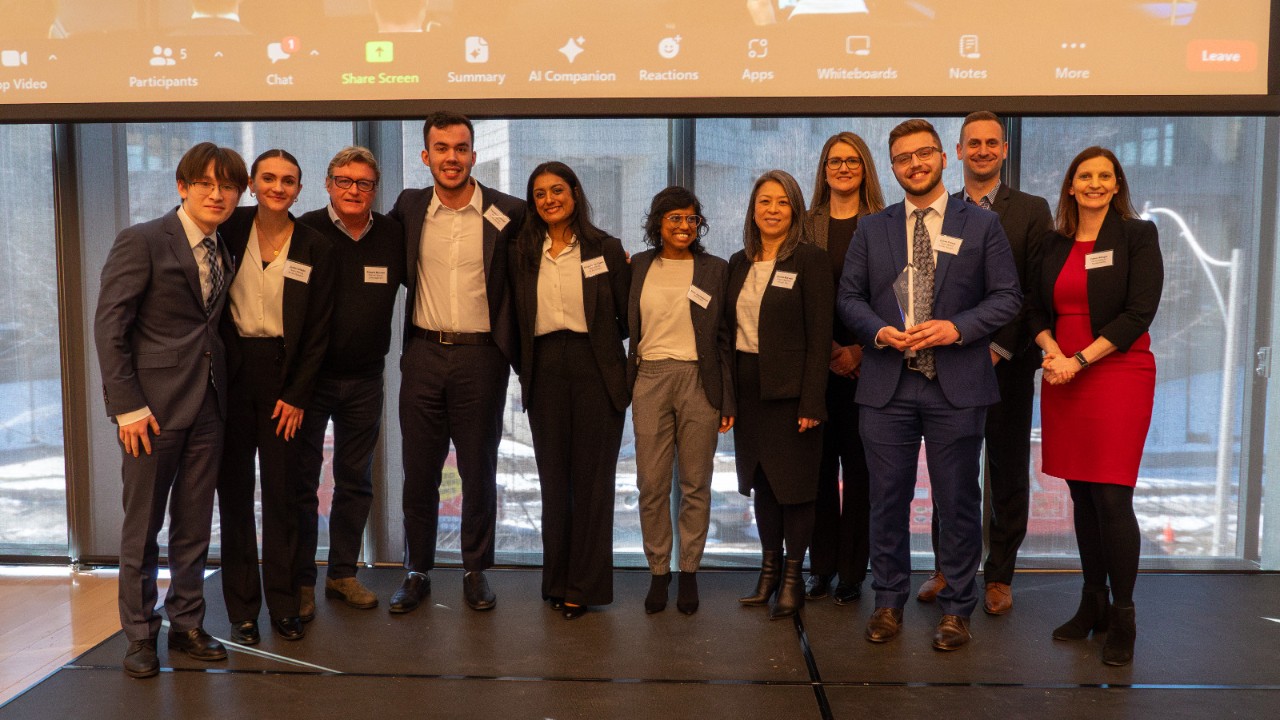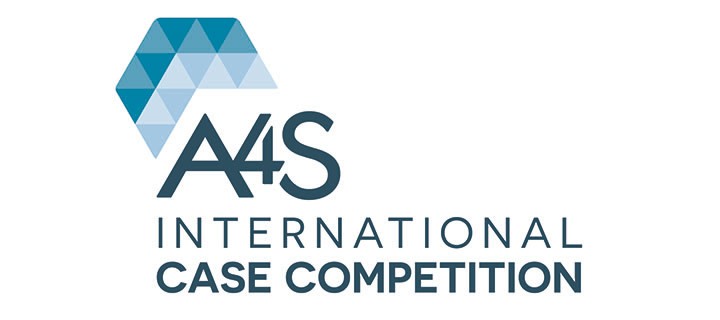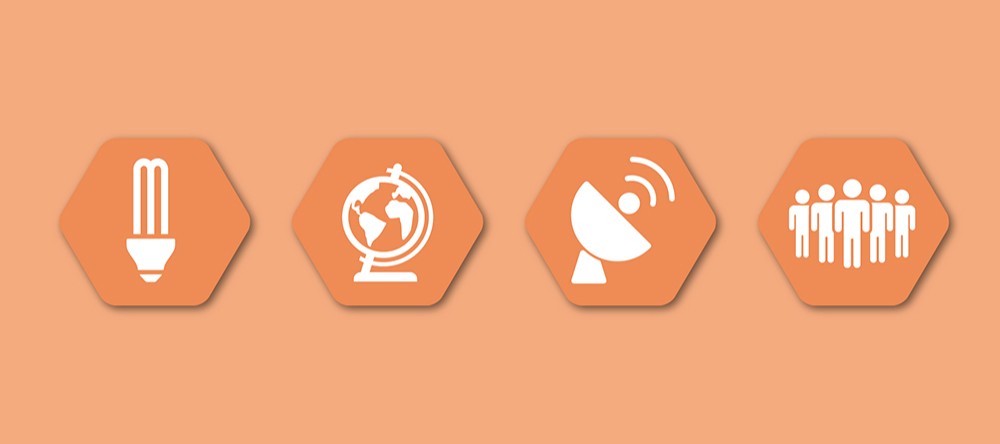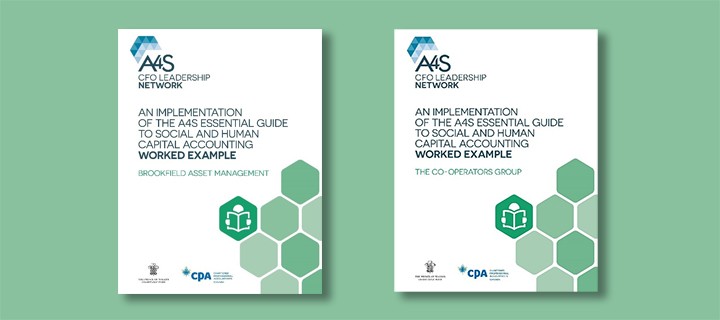Addressing Human Rights: Sustainable Sourcing From ASMs

This blog was written by Team Mining for the Solution, the winning team from the 2024 A4S International Case Competition. This year's contest focused on 'Adapting Business Models to Support Human Rights for All'. We challenged students to ito select one of the 127 of the world’s most influential companies assessed by the World Benchmarking Alliance (WBA) in the 2022 Corporate Human Rights Benchmark, examine potential impacts on human rights in corporate business models and strategies, and to develop innovative business practices, approaches and solutions where profits and a commitment and action on human rights go hand in hand. Team Mining for the Solution is from the University of Waterloo, with Jaiden Vitalis, Vincent Guo, Ethan Fraser, Harrison Cormier and Dhiya Susan Eapen.
Our Journey to A4S
As students studying Sustainability and Financial Management, we were immediately drawn to this competition for the way it combines finance with human rights. The unique focus is unlike any other case competition that we had previously competed in.
“We were really excited by the opportunity to participate in a financial case competition that integrates sustainability as such a fundamental aspect. It allowed us to develop a unique solution that felt like it had real-life implications and benefits”.
Jaiden Vitalis
Choosing Our Focus
Although we knew we wanted to participate, it was definitely a bit of process to settle on the company and the issue! Around the same time that we started researching, Bill S-211 was released in Canada, covering Forced Labour in Canadian Supply Chains. Due to the prominence of the issue, we decided to narrow our focus there. After a lot of debate, we finally settled on Artisanal and small-scale mining in Glencore’s supply chain.
The Problem
Essentially, artisanal and small-scale mining (“ASM”) refers to informal mining done with little to no mechanization, poor health, safety, environmental considerations and a lack of job and income stability. ASMs are driven by poverty or crime and are consequently associated with human rights violations. These violations commonly include modern slavery, extortion, bribery and corruption. Over 134 million individuals worldwide are involved (including supporting industries), and operations are typically not formally licensed.
“Artisanal and small-scale mining is a key issue when considering the success of new green technologies. Companies across the mining industry, and other sectors, are faced with the need to develop a sustainable solution, which is what this competition allowed us to explore”.
Harrison Cormier
Since many of Glencore’s operations are near ASMs, this is a prominent issue that Glencore is uniquely positioned to address. However, the company’s current policy is to avoid ore sourced from ASMs in their supply chain.
Our Solution
After identifying this significant problem, and realizing the opportunity it provided, we crafted our solution to provide mutual benefits for all parties involved. Our proposal centres on building a reciprocal relationship between the large scale mine site operated by Glencore and local ASMs through their legitimization. This solution would consist of three key aspects:
- An on-site implementation team assembled internally from Glencore’s existing site operations
- A maturity scale used to assess the ASMs’ operational level and determine the price paid by Glencore to source the minerals
- A reporting tool to enable transparency
Refining Our Solution
We quickly realized that our biggest challenge would be clearly articulating the benefits for both Glencore and ASMs. In fact, the first time we presented our initial pitch to peers for feedback, we were met with nothing but blank stares. We were struggling to lay out the three key aspects of our solution in a way that allowed the audience to see what we envisioned in our heads. As one professor explained it to us, we were starting at 30,000 feet in terms of level of detail and dropped right to 5,000 feet during our explanation, leaving out all of the key information in the middle.
After receiving that feedback, we decided to step away from the phrasing that we had been using, and instead went back to the drawing board in terms of a script.
In fact, throughout the entire process, we had amazing mentors that were willing to listen to our pitch and provide feedback. This includes a volunteer provided through A4S, with prior experience in the competition.
“Our mentor from A4S provided us with valuable insight that helped us refine our proposal and clearly address the key questions surrounding social & financial benefits, scalability, and potential implementation challenges/risks. We took the feedback to strengthen our business case, highlighting the potentially wide-reaching socioeconomic benefits that can be realized if our proposal were to be implemented”.
Vincent Guo
The Final Result
After taking the time to bounce lots of ideas off each other, and practice a lot, we were able to frame the solution in a very intentional way that allowed us to be confident we could communicate everything we had in mind:
- By leveraging their current operations and personnel, Glencore will be able to provide site-specific support to the ASMs while minimizing their initial outlay.
- After onboarding, ASMs are assigned to a tier, where they receive support that enables them to legitimize operations. The reporting tool will ensure full disclosure of the ASMs’ operations and allow them to increase their tier. Additionally, Glencore will purchase ore as a percentage of the large scale mine sourcing cost, increasing according to tier; the lowest purchase price starts at a rate higher than ASMs’ current market rate.
- Supporting the legitimization of ASMs will benefit both parties. Glencore will gain value by expanding their existing supply chain, resulting in improved financial performance. They will also address key stakeholder expectations by providing support to local communities and complying with the Sustainable Development Goals (“SDGs”), namely: 1, 8, 9 and 12. As Glencore works with ASMs to formalize operations, they will benefit from higher compensation, increased legal compliance, assistance organizing their business processes, and compliance with human rights consistent with Glencore’s current operations and the UN Universal Declaration on Human Rights (UDHR).
“The competition presented numerous learning opportunities. Personally, the most impactful lesson was crafting a holistic solution that truly encapsulated the interests of all stakeholders (Glencore, ASMs and the local community). This experience not only fostered team growth, but also empowered us to develop a business case that effectively integrated human rights considerations”.
Dhiya Susan Eapen
Ultimately, we are so excited that we had the chance to present this solution and share our experience. After competing in numerous case competitions, we can confidently say that this is one that is most applicable to the work that we have experienced in our internships and that guides us to envision a sustainable future.
“A4SICC provided our team with an excellent opportunity to comprehensively explore concepts in a manner that is comparable to what would be expected in a professional setting. This kind of experience has helped prepare us to hit the ground running when kickstarting starting our careers”.
Ethan Fraser



